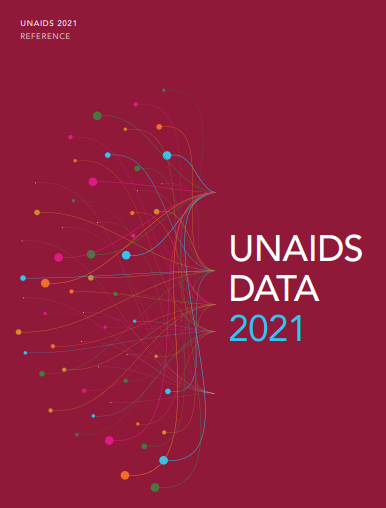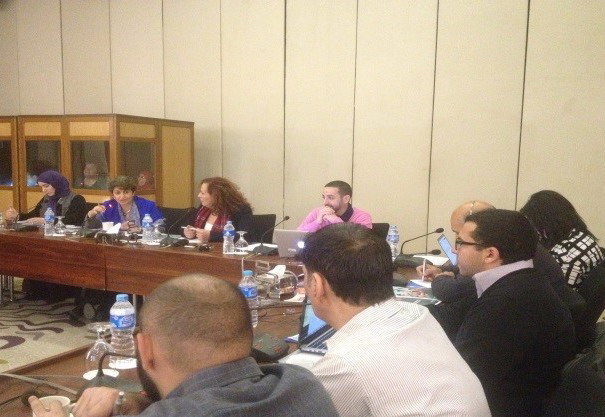 5 February 2018 – A one-day consultative meeting was held in Cairo, Egypt, on 20 December 2017 which focused on strengthening the role of civil society in national and the regional response to viral hepatitis.
5 February 2018 – A one-day consultative meeting was held in Cairo, Egypt, on 20 December 2017 which focused on strengthening the role of civil society in national and the regional response to viral hepatitis.
The meeting was attended by representatives of regional and national civil society organizations from Bahrain, Egypt, Lebanon, Morocco, Pakistan and Tunisia whose work focuses on delivering services to vulnerable groups.
In 2016, the "Regional action plan for the implementation of the global health sector strategy on viral hepatitis 2017–2021" was developed based on the "Global health sector strategy on viral hepatitis 2016-2021" to guide Member States and the WHO Secretariat on a roadmap and priority actions towards the achievement of national, regional and global targets for viral hepatitis.
The regional action plan calls for involvement of different stakeholders from public and private sectors, and civil society in the hepatitis response in an attempt to improve access to diagnosis and treatment of hepatitis B and C, and actively participate in viral hepatitis policy development processes, implementation and in monitoring and evaluation of the response. Involvement of civil society is also crucial in ensuring service delivery for everyone and that vulnerable groups are not left behind.
Participants discussed the role of national and regional civil society organizations in the hepatitis response. Success stories from countries were shared on reducing hepatitis C transmission among different groups and different models of service delivery.
Representatives of organizations identified priority areas for future directions, including advocating for data collection and developing national strategies in partnership and coordination with civil society. Additionally, they identified the need to focus on advocacy and service delivery (i.e. tests, treatment, vaccines, harm reduction, linkage to treatment, etc.).
Key actions were also delineated for WHO which included continuing to provide guidance, prequalification process to health products/tests, developing protocol and guidelines, and to build the capacity of organizationson in implementation of the regional action plan. They also urged WHO to step up advocacy efforts toward governments to support harm reduction services, including opioid substitution therapy and needle syringe programmes; and to build the capacity of civil society organizations and their knowledge in this field.





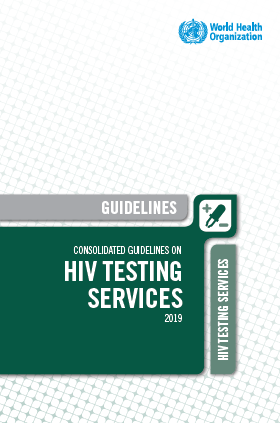 Consolidated guidelines on HIV testing services
Consolidated guidelines on HIV testing services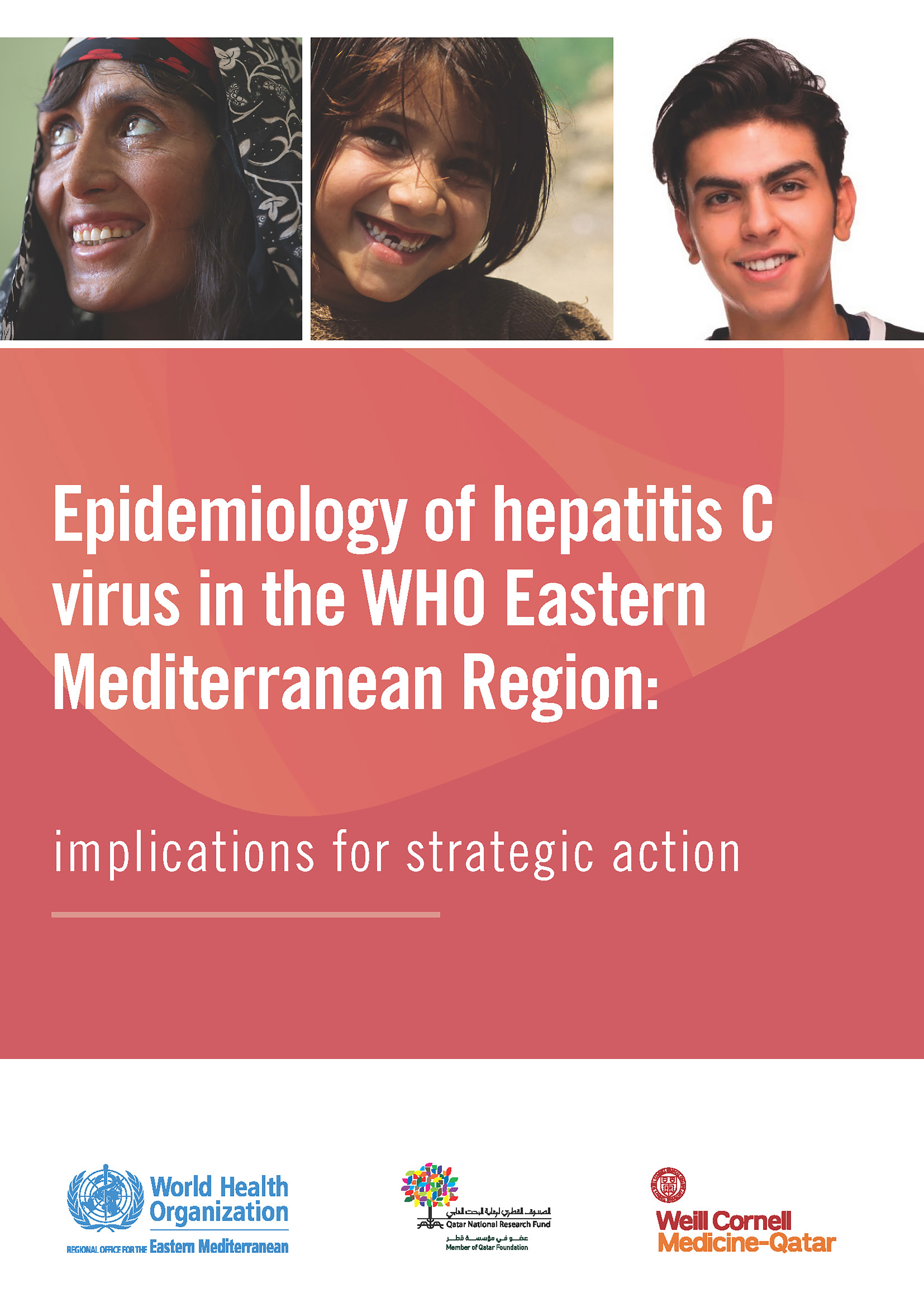 Epidemiology of hepatitis C virus in the WHO Eastern Mediterranean Region: implications for strategic action
Epidemiology of hepatitis C virus in the WHO Eastern Mediterranean Region: implications for strategic action HIV test–treat–retain cascade analysis: Guide and tools 2017 Second edition
HIV test–treat–retain cascade analysis: Guide and tools 2017 Second edition
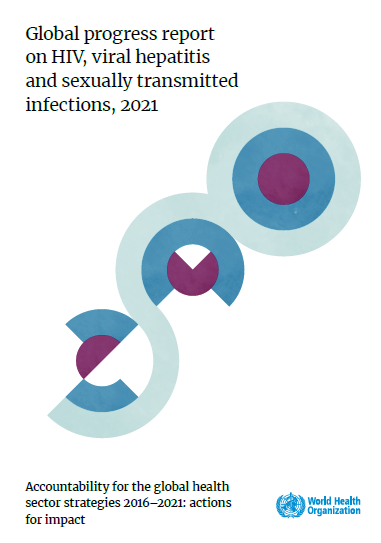 Global progress report on HIV, viral hepatitis and sexually transmitted infections, 2021
Global progress report on HIV, viral hepatitis and sexually transmitted infections, 2021